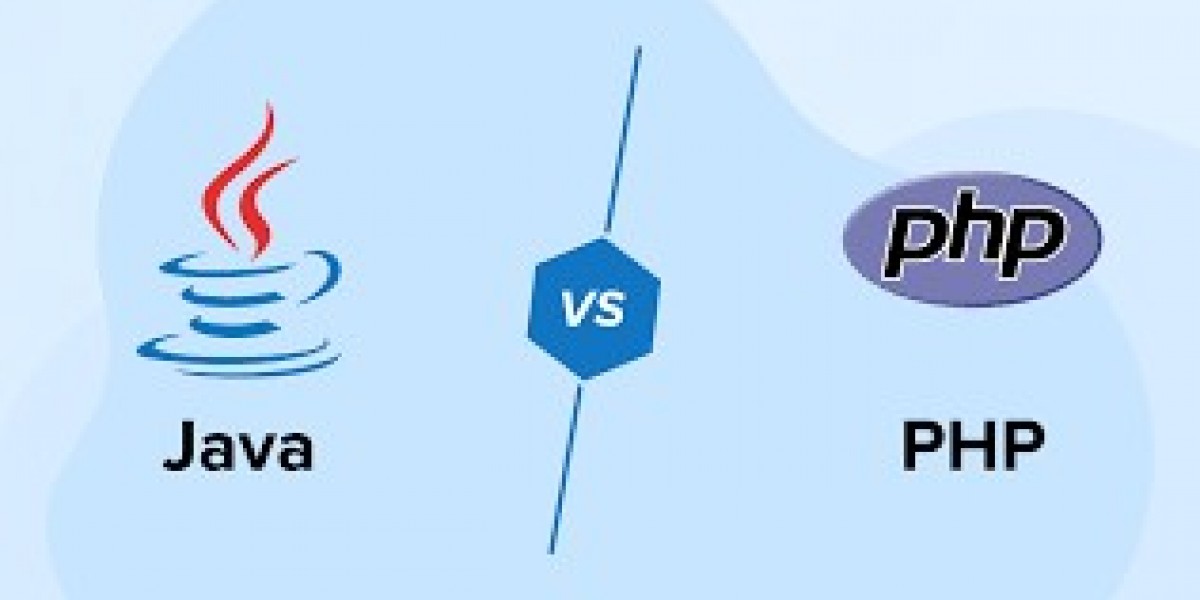PHP and Java have long been two of the most popular programming languages for web development . Both languages have their strengths and weaknesses, and the best choice for your project depends on various factors.
Core Features and Functionality
PHP:
Scripting language: PHP is a server-side scripting language, primarily used for web development.
Dynamic typing: Variables do not need to be explicitly declared with a type.
Interpreted language: PHP code is interpreted at runtime, making it easier to get started and develop quickly.
Object-oriented programming: Supports OOP principles, allowing for modular and reusable code.
Java:
Compiled language: Java code is compiled into bytecode, which can then be run on any JVM (Java Virtual Machine).
Strong typing: Variables must be declared with a specific type.
Platform independence: Any platform that has a JVM installed can run Java programs.
Object-oriented programming: Java is a fully object-oriented language, emphasizing encapsulation, inheritance, and polymorphism.
Performance and Scalability
PHP: Generally considered faster than Java for smaller-scale applications due to its interpreted nature. However, with modern frameworks and optimization techniques, PHP can handle significant loads.
Java: Known for its scalability and performance, especially in large-scale enterprise applications. Java's compiled nature and JVM optimizations contribute to its efficiency.
Development Environment and Tools
PHP: Popular IDEs include PhpStorm, Visual Studio Code, and Sublime Text.
Java: Popular IDEs include IntelliJ IDEA, Eclipse, and NetBeans.
Frameworks: Both languages offer a variety of frameworks for web development. Popular PHP frameworks include Laravel, Symfony, and CodeIgniter, while popular Java frameworks include Spring Boot, Hibernate, and Play Framework.
Use Cases
PHP:
Small to medium-sized websites: PHP is well-suited for building dynamic websites and web applications.
Content management systems: Popular CMS platforms like WordPress and Drupal are built with PHP.
E-commerce applications: PHP is often used for building online stores and shopping carts.
Personal websites and blogs: PHP is a great choice for creating personal websites and blogs.
Java:
Enterprise applications: Java is widely used for building large-scale enterprise applications.
Android app development: Java is the primary language for developing Android apps.
Web services: Java is well-suited for building RESTful APIs and web services.
Big data and analytics: Java is used in many big data and analytics frameworks.
Choosing the Right Language
The ideal language for your project will rely on a number of things:
Project complexity: For complex, enterprise-level applications, Java might be a better choice due to its scalability and robustness.
Team expertise: Take into account your development team's qualifications and background.
Performance requirements: If performance is a critical factor, Java might be preferable due to its compiled nature.
Development speed: PHP can offer faster development cycles, especially for smaller projects.
Community and ecosystem: Both PHP and Java have large and active communities, providing extensive resources and support.
In conclusion, both PHP and Java are powerful languages with their own strengths and weaknesses. Your project's optimal option will be determined by your unique needs and preferences. By carefully considering the factors outlined in this comparison, you can make an informed decision and select the language that best suits your needs.








